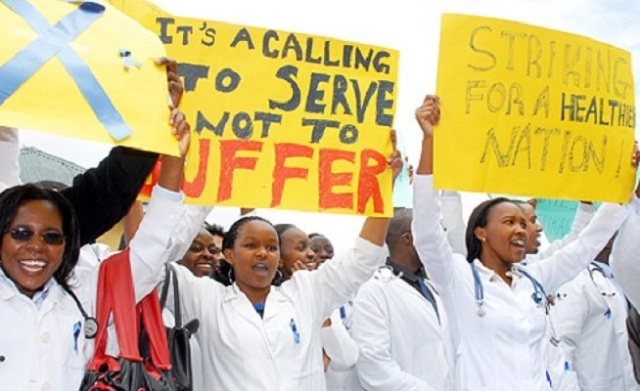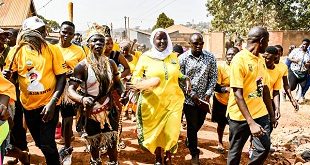
Kampala, Uganda | THE INDEPENDENT | The World Health Organization (WHO) has identified 55 countries around the globe as vulnerable to the availability of health workers required to achieve the UN Sustainable Development Goal target for universal health coverage (UHC) by 2030.
According to the organization’s latest statement, of the 55, 37 are in the WHO African region, 8 in the Western Pacific region, 6 in the Eastern Mediterranean region, 3 in the South-East Asia region, and 1 in the Americas.
The African countries in dire need include Uganda, Burundi, Somalia, Cameroon Mozambique Sudan, Malawi, Central African Republic, Niger, Côte d’Ivoire, Sierra Leone, Democratic Republic of the Congo, South Sudan, Equatorial Guinea, Togo, Tanzania, Gambia, and Zimbabwe.
WHO’s Director–General Dr. Tedros Adhanom Ghebreyesus said the identified countries have some of the world’s most fragile health systems, do not have enough, and many are losing their health workers to international migration.
Tedros said these countries need support to strengthen their health workforce and have been added to the list of those whose health workforce needs to be safeguarded.
“We urge all countries to respect the provisions in the WHO health workforce support and safeguards list. The list should be used to inform advocacy, policy dialogue at all levels, and financing efforts in support of health workforce education and employment in these countries”.
The countries included in the WHO health workforce support and safeguards list 2023 have a UHC service coverage index below 55 and health workforce density below the global median of 49 medical doctors, nursing and midwifery personnel per 10 000 people.
These countries require priority support for health workforce development and health system strengthening, along with additional safeguards that limit active international recruitment. But, according to the statement, WHO doesn’t prohibit international recruitment, but recommends government-to-government health worker migration agreements.
The statement highlights that in the case of health worker migration, health administrators like ministries of health should be involved in the negotiation and implementation of agreements and specify the health system benefits of the arrangement to both source and destination countries.
“Implementation of the WHO Global code of practice on the international recruitment of health personnel (WHO Global Code) can ensure that international movement of health workers is ethically managed, supports the rights and welfare of migrant health workers and maintains health service delivery objectives”, the statement reads in part.
The 2023 update of the health workforce and safeguards list is informed by the report of the WHO Expert Advisory Group on the Relevance and Effectiveness of the WHO Global Code. WHO updates this list every three years, with the next update scheduled for publication in 2026.
 The Independent Uganda: You get the Truth we Pay the Price
The Independent Uganda: You get the Truth we Pay the Price



